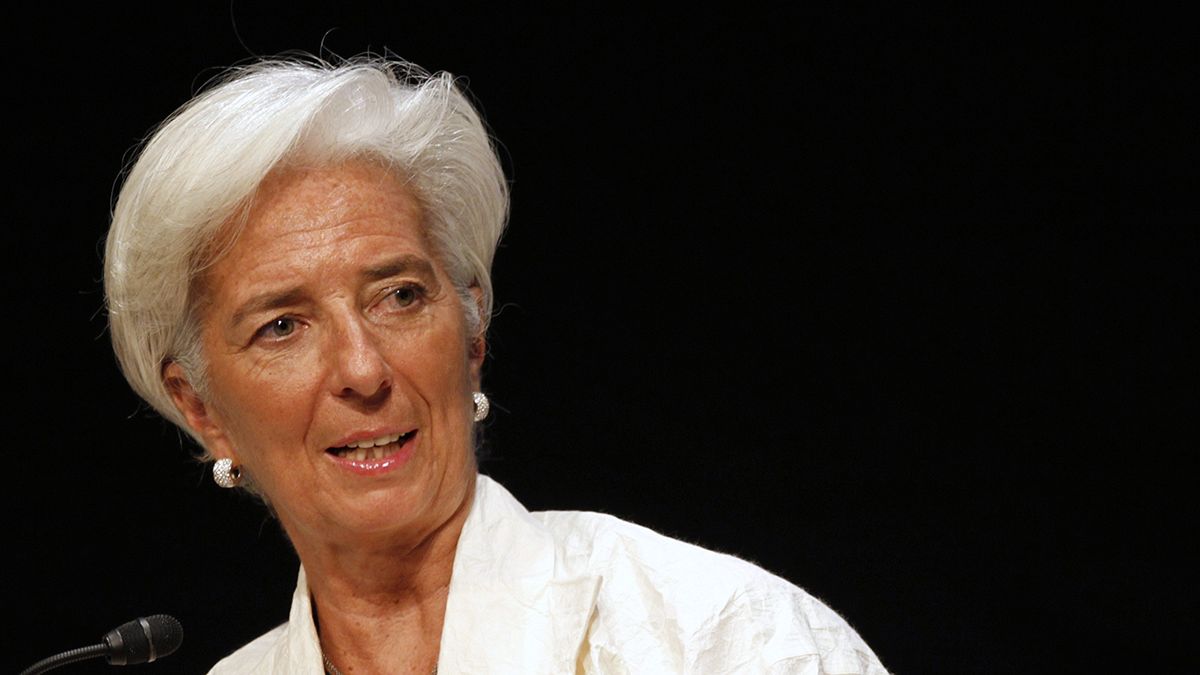The crisis in the European Union is far from over, despite some positive economic signs, according to the International Monetary Fund.
The IMF’s managing director, Christine Lagarde, on Tuesday warned European decision makers that high jobless rates, especially youth unemployment can effectively darken the region’s future, as “the crisis has taken a severe toll on the young and the vulnerable”.
“There is a palpable sense of optimism in some quarters that the European crisis is over. But can a crisis really be over when 12 percent of the labor force is without a job? When unemployment among the youth is in very high double digits, reaching more than 50 percent in Greece and Spain?”, Lagarde said at the European Economic and Social Committee in Brussels.
Unemployment at a young age means a lack of on-the-job training, depreciating skills, and possible withdrawal from the labor market, Lagarde said, adding that long spells of unemployment lead to a less productive workforce down the road.
With unemployment rates as high as they are, the gap between actual and potential growth rates is likely to remain large for the foreseeable future, Lagarde said. Right now, Europe’s growth is almost solely based on exports. That’s why growth has not been balanced across Europe and “may not be sustainable”, she said.
In a thinly veiled criticism of export-champion Germany, she acknowledged “pockets of stronger growth and high employment” in that country, but also pointed to declining growth rates elsewhere in Europe.
“The only durable solution” lies in jump-starting growth by generating a robust recovery in domestic demand, Lagarde said. Therefore, investment has to be beefed up, credit revived and the banking sector cleaned up, she said.
Lagarde called on the European Central Bank to keep interest rates low and “convince investors that it will do so for as long as necessary”. The ECB also needs to find ways to reduce costs of lending to small- and medium-sized enterprises, the economic engines and largest employers in Europe, she said.
Criticizing the high debt burdens of households, corporates and sovereigns, Lagarde also called on governments to facilitate debt restructuring, especially in the private sector, and push fiscal consolidation in the public sector, something she described as “hard to avoid”.
Finally, Lagarde reiterated her call for structural reforms “across all of Europe” and taking on “entrenched positions and vested interests”. That means “bringing in more competition and flexibility to spark innovation, boost competitiveness, and enable resources to go where they are most productive. But it also means helping labor markets to support growth and adjustment.”
Despite Europe being on the right track, there remains a lot of work to be done, Lagarde said, quoting Nelson Mandela: “After climbing a great hill, one only finds that there are more hills to climb.”
